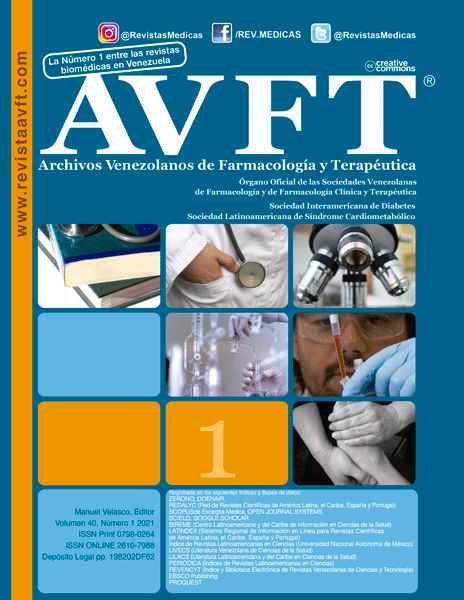Blockade of cAMP/PKA-signaling in mesenchymal progenitor cells as a promising approach to wound healing
Keywords:
cAMP/PKA-signaling, progenitors, skin wound, targeted therapy, regenerative medicineAbstract
The wound healing properties of the cAMP/PKA-signaling blocker was investigated. On the model of the skin wound the pronounced wound healing effects of the PKA inhibitor have been revealed. Implementation of the identified effects was associated with activation of mesenchymal progenitors (MPC) functions in granulation tissue. The development of this phenomenon is associated with direct exposure of the pharmacological agent to MPC in the conditions of their influence of growth factors (in particular, the growth factor of fibroblasts (FGF) secreted by stromal cells in situ. In this case, there is an increase not only in the proliferation of activity but also in the intensity of the specialization processes of progenitors. In a medium without cytokines, the cAMP/PKA-signaling blocker causes the progression of the cell signal but does not affect the rate of maturation of precursors.Downloads
Download data is not yet available.
Downloads
How to Cite
Zyuz’kov, G. N., Miroshnichenko, L. A., Polyakova, T. Y., & Simanina, E. V. (2021). Blockade of cAMP/PKA-signaling in mesenchymal progenitor cells as a promising approach to wound healing. AVFT – Archivos Venezolanos De Farmacología Y Terapéutica, 40(1). Retrieved from http://saber.ucv.ve/ojs/index.php/rev_aavft/article/view/22342
Issue
Section
Artículos




